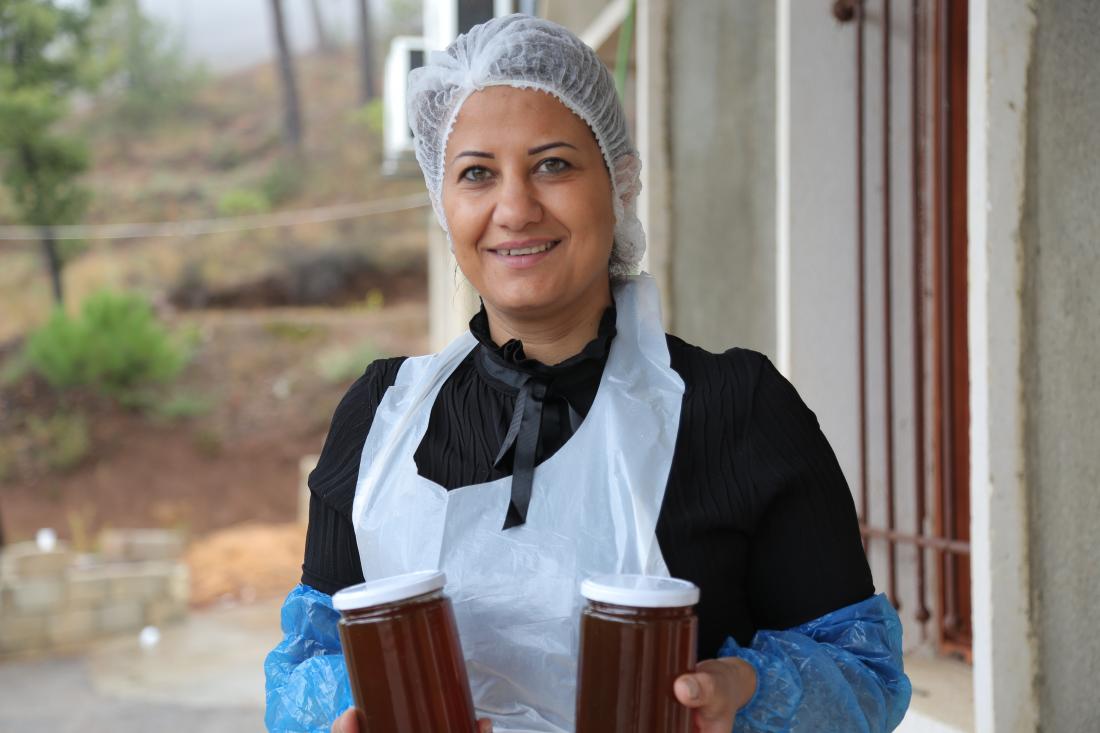InnovAgroWoMed: Women for the transition, Women for the generation...

A few days after covid-19 spread outside China, the world quickly realized that "it doesn't just happen to others", that human nature makes us all have the same concerns, vulnerabilities and priorities. We immediately saw the same scenes on agri-food shelves around the world. Scenes that were relayed in hundreds of images and videos on social networks: thousands of people from around the world were emergency shopping and jostling in front of deserted shelves to fill their carts with food and basic necessities.
The first question asked by people all over the world was: "Do we have enough food? ». Indeed, food products were the most in demand by all the populations affected by the pandemic. Their shortage was the worst nightmare that humanity feared.
From the time of the Philadelphia yellow fever, the plague or the cholera pandemics and all other tragedies experienced by humanity, the agri-food sector has demonstrated at every major moment in human history its crucial role in the daily lives of all human beings, whatever their country or origin.
To remedy the terror and massive purchases of food products such as flour, semolina, pasta... all Governments have not ceased since the beginning of the crisis to reassure citizens about their food security. Spain has "called for calm", Germany has stated that "there is enough for everyone", Italy has confirmed that "food supply is ensured" and Tunisia has promised that "there will be no shortage and that there will be enough reserves for this period and for the month of Ramadan which coincided with the crisis".
This sector, which is of concern to the people and Governments, has continued to prove its worth despite the crisis, thanks to men and women who have not even had the opportunity "to stay safe, stay at home", who have continued to work and feed their fellow citizens.
Most of these workers in the agri-food sector are poorly paid and have little protection against the pandemic.
In Tunisia, one of the four countries concerned by the InnovAgroWoMed project, about 70% of the workforce in the agricultural sector is made up of women, 99% of them live in rural areas, only 12% of them benefit from social security coverage, and about 80% of them work without any contract or guarantee.
Some of the women entrepreneurs in this crucial sector have found themselves forced to stop their business because of the crisis, while others have been able to pivot and reinvent their business model and approaches, for example by using online sales, inventing new products inspired by the new context, and by entering into partnerships with logistics companies to ensure the delivery of their products.
For some women entrepreneurs in the agri-food sector, the pandemic has strengthened their managerial and commercial capacities. In record time, they were able to win new customers through social media networks and build their brand and reputation. For others, due to a lack of means, know-how or technical and commercial skills, the crisis has further impacted their situations.
As for the women workers in the sector, these heroins who "protect" themselves against the coronavirus using a scarf converted into a “mask”, they will also be one of the priorities of the InnovAgroWoMed project that has just been launched and will benefit from several kinds of support such as financial support, training and coaching.
The InovAgroWoMed project aims at boosting women labour participation and entrepreneurship, especially for those in the NEET segment, by leveraging on the potential of the agri-food sector - an industry closely resonating with the cultural identity of the Mediterranean Basin, and showing a significant level of untapped potential in terms of innovation and growth in the Mediterranean.
InnovAgroWoMed project has been funded by the EU through the ENI CBC Mediterranean Sea Basin Programme (2014-2020), under thematic objective A.3 - Promotion of social inclusion and fight against poverty (Promote economic and social development) and priority A.3.1 - Provide young people, especially those belonging to the NEETS and women, with marketable skills. It’s a 3 year project, implemented in Italy, Spain, Tunisia and Palestine by a consortium of 5 partners: UTV (beneficiary), CESIE, JOVESOLIDES, ASALA and CAWTAR (partners).







